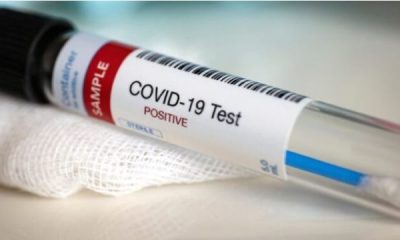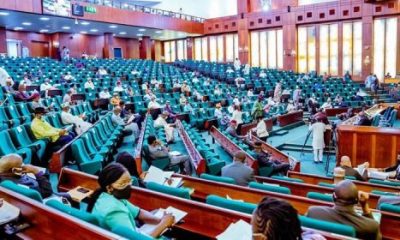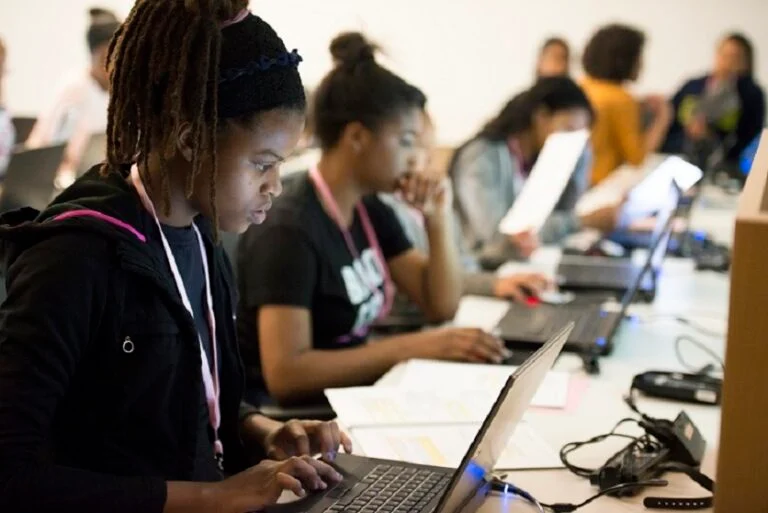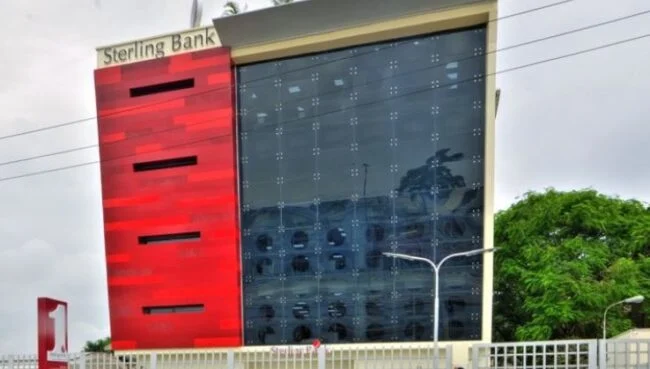The continuous enforcement of PCR tests for Nigerian air travellers by the federal government has become a source of concern for air travelers from Nigeria.
The concern is coming at a time when many countries including the US, UK and Saudi Arabia have relaxed COVID-19 restrictions, including dropping PCR tests for the travelling public. In Nigeria, the government is still fully enforcing strict coronavirus protocol with compulsory PCR tests that cost about N50,000 in Lagos.
Many international travellers and foreign airline officials in Nigeria have cried out to the government, saying the continued enforcement of the strict COVID-19 test is a rip-off, as there is a global drop in coronavirus cases and Nigeria records relatively very low cases at the worst of times.
Also, the price of PCR test has not been reduced but still about N45, 000 to N60, 000, depending on the lab recommended by officials of Port Health who are in charge of screening passengers who are travelling or arriving in Nigeria.
Country Manager of one of the major international airlines told THISDAY on Wednesday, “Government should remove that PCR test so that Nigerians can travel feely. They are just collecting money for nothing. Allow people to travel and let air travel come back to normal. We are not people-oriented in this country.”
Investigation revealed that the Port Health officials and others involved in the interface with passengers over Coronavirus protocol do not care about whether passengers are vaccinated or not and there are verifiable documentation of Nigerians travelling out of the country who are fully vaccinated in addition to taking the booster but these officials do not even look at the vaccination card, but they insist that air travellers must pay for PCR test if they are arriving the country or be administered with PCR test while leaving the country.
THISDAY accessed the arrival section of the terminal of the Murtala Muhammed International Airport, Lagos and noticed that the major concern of the officials who confront passengers on arrival was for them to pay for the PCR test, and once paid they do not border with the passengers.
THISDAY monitored a passenger who arrived in the country two weeks ago and he said after the payment at the airport nobody called him; nobody asked about anything; whether he did the test or not.
“They know that nothing is happening. There is no COVID-19 in the country anymore and that’s why they are not bordered,” he said.
But a passenger travelling to the UK said that she did not undergo PCR test because she was fully vaccinated and the UK did not require PCR test for fully vaccinated passengers.
Also, Turkey had directed that anybody travelling to Turkey who is fully vaccinated did not need a PCR test, but anyone coming back to Nigeria is made to pay for a PCR test.
For about one month Nigeria has stopped giving COVID-19 case updates, which indicates that existing cases are negligible.
In addition to scrapping the PRC test, the United Kingdom has announced that it would remove the remaining COVID-19 international travel restrictions for all passengers from 4:00 am Friday 18 March.
According to a statement from the United Kingdom, “As one of the first major economies to remove all its remaining COVID-19 travel restrictions, this is a landmark moment for passengers and the travel and aviation sector. From 4 am Friday 18 March, all COVID-19 travel restrictions will be lifted, including the passenger locator form (PLF) for arrivals into the UK, as well as all tests for passengers who do not qualify as vaccinated. This change, therefore, removes the need for unvaccinated passengers to take a pre-departure test and a day 2 arrival test.”
The Kingdom of Saudi Arabia has also scrapped most of the COVID-19 restrictions and has ended social distancing in the Two Holy Mosques and all mosques in the Kingdom, but has continued to make the wearing of facemasks mandatory.
Saudi Arabia said it no longer require travellers to undergo mandatory COVID-19 quarantine upon arrival to the Kingdom and passengers would also no longer need to provide a PCR test upon their arrival.
In Europe, France has lifted the COVID-19 passport requirement for access to most venues and events from 14 March. Greece is scrapping Passenger Locator Forms from 15 March. Romania lifted all travel restrictions imposed due to COVID-19, as of 9 March, Ireland has abolished all COVID-19 entry restrictions from 6 March and Germany allowed all travellers, regardless of their country of origin, as the high-risk list is abolished from 3 March.
In the US, no PCR test for fully vaccinated and boosted travellers.
Industry observers express surprise that Nigeria which relatively has fewer COVID-19 cases is still enforcing compulsory PCR tests.
Exasperated by this situation, a well-known Nigerian journalist, David Hundeyin said on Twitter, “I have never heard of a country on this planet where its own citizens are not allowed to board a flight home unless they pay $100 and register on some bullshit portal. I don’t think even Eritrea or North Korea charge a fee to their returning citizens. Only Nigeria.”
Most countries have relaxed COVID-19 restrictions, including the ones that suffered most from the virus.
The US recorded 967, 000 deaths, France, 137, 000, the UK, 163, 000, Germany 124, 000 and Turkey, 96, 000 deaths, but Nigeria which is still enforcing COVID-19 restriction recorded 3, 142 deaths.


 BIG STORY3 days ago
BIG STORY3 days ago
 BIG STORY3 days ago
BIG STORY3 days ago
 BIG STORY16 hours ago
BIG STORY16 hours ago
 BIG STORY12 hours ago
BIG STORY12 hours ago
 BIG STORY3 days ago
BIG STORY3 days ago
 BIG STORY3 days ago
BIG STORY3 days ago
 BIG STORY1 day ago
BIG STORY1 day ago
 BIG STORY3 days ago
BIG STORY3 days ago






















